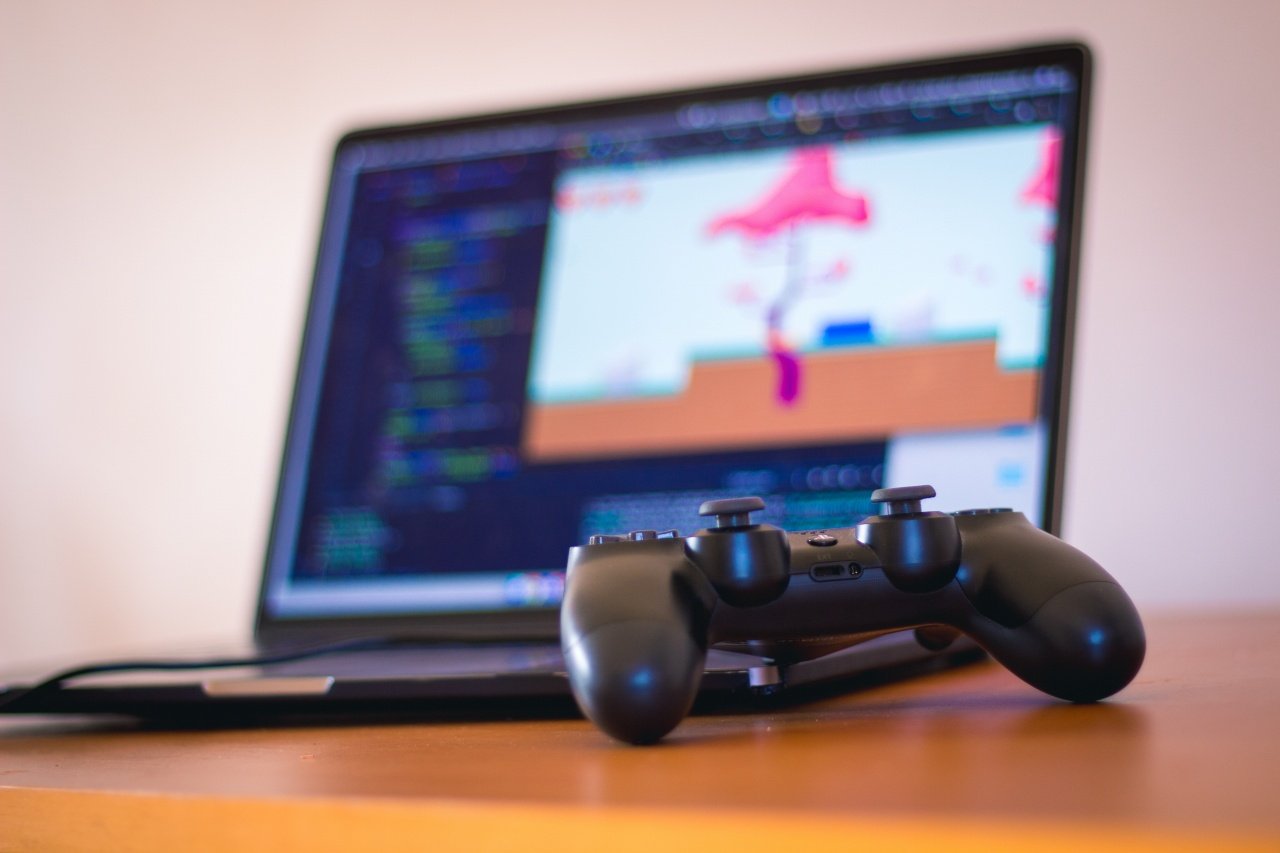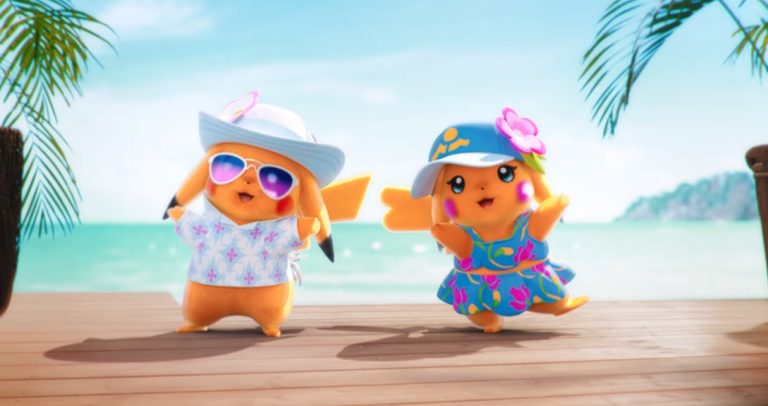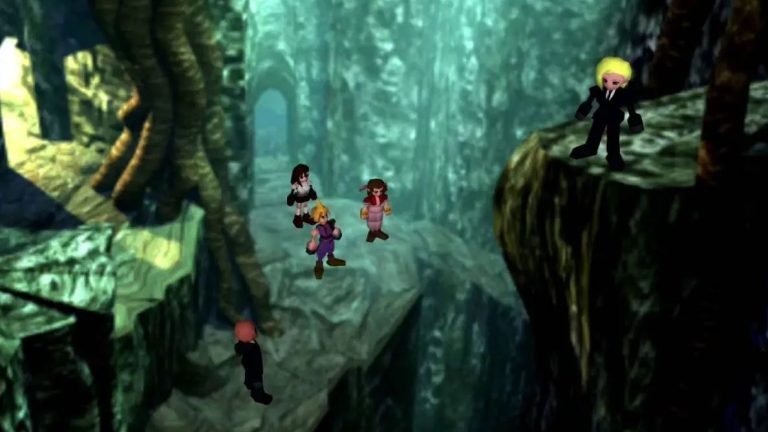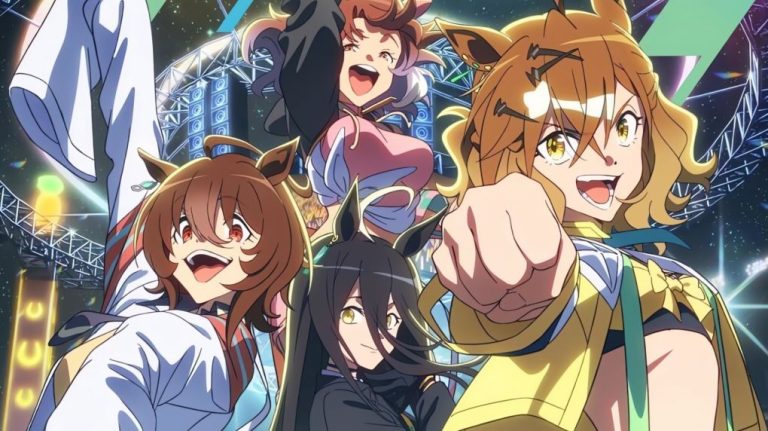Game creator Takanobu Terada expressed his concerns regarding “fan-submitted ideas” through a series of tweets on July 17. He currently works as a freelancer and mentioned that creators in such a position would have a very difficult time dealing with the issue of a fan claiming that their “idea was stolen” after proposing it.

Takanobu Terada is a game creator best known for his work as a producer on the Super Robot Wars series. He began his involvement in the development of the series shortly after joining Banpresto and mainly served as a producer starting with the Game Boy port of 2nd Super Robot Wars, otherwise known as 2nd Super Robot Wars G.
In 1994, Banpresto established subsidiary Banpre Kikaku to focus on developing home console games, and in 1997, it was unified with Banpresto’s game software planning and development division to become Banpresoft. Later in 2008, the company became a wholly owned subsidiary of Bandai Namco Games (currently Bandai Namco Entertainment). In 2011, Bandai Namco merged Banpresoft with BEC, forming B.B. Studio.
At B.B. Studio, Terada served as producer on Super Robot Wars 30, released to commemorate the series’ 30th anniversary, before announcing that he had resigned from the company in December 2021. He currently works as a freelancer but continues to have a hand in the series as a supervisor.

On July 17, Terada discussed one particular concern that he has regarding his freelance work. This was prompted by a tweet from Tsuburaya Productions character designer Masayuki Gotoh, best known for his work on the Ultraman series. For some time, Gotoh has included a note in both his Twitter bio and pinned tweet that says, “Please do not send me any original Ultraman designs or story ideas,” and he reiterated this point through a tweet on July 17. It appears that despite these warnings some fans are still sending him their ideas. He stated that although he does not believe that these fans have ill intentions, he is concerned that it could result in “trouble” later on.
The tweet has become quite the talking point, with over 17,000 likes and 10,000 retweets as of the time of writing, including a reaction from illustrator and character designer Akira “Akiman” Yasuda. He voiced his worries about the possibility of a fan sending an Ultraman idea to a creator in a one-sided act and then believing that their idea was “used without permission.”
Terada responded to Akiman’s tweet with his own thoughts on the topic. As mentioned above, Terada has worked on the Super Robot series for many years, and it appears that since almost 30 years ago, they have received opinions, requests, and ideas from fans. He specifically mentions being sent lists of franchises to be included in a Super Robot Wars game as well as original robot and character designs all thought up by fans themselves.
What’s more, during events and conventions in the past, he has had fans come up to him and say things like, “You implemented that feature I proposed, but you didn’t contact me about it,” and “That feature was my idea.” Terada commented that at the time, he was employed at a company and could discuss the matter with them if such a thing were to occur. In other words, he could work together with the company as they considered the best way to deal with such claims from fans, including any legal proceedings. However, now that he is a freelancer, he does not know how he would handle those kinds of situations and believes that it is a very complicated issue.
But as a freelancer… I’m left wondering how I would deal with it. I believe it’s a very complicated issue. (End)
Game companies each have their own ways of dealing with claims of stolen ideas that are sent to them via their websites’ contact forms. For example, Game Freak, the developers of the Pokémon series, strictly refuse to accept any fan ideas (including proposals, designs, scenarios, etc.). Even for things like fan letters, the contents are first confirmed by an employee who is not directly involved in game design. If there are any fan ideas or suggestions included within, the letter is disposed of or returned to the sender without it being seen by other employees. Electronic Arts adopts a similar approach, stating that they have to “return or delete all unsolicited submission materials” that they receive. The company receives thousands of ideas and submissions on a yearly basis.
Even Bandai Namco Entertainment, the parent company of Terada’s former employer B.B. Studio, has a strict policy of refusing any proposals sent in by customers. They further note that on the off chance that they do receive something along these lines, it will be “disposed of or deleted.” It’s clear that the above companies have thorough measures in place to ensure that any fan-submitted ideas do not reach the eyes of their development staff. Additionally, you could say that even just making their stance on the issue clear and widely known serves as one of the measures to help avoid risk.

Early last year, former Sega employee Noriyuki Shimoda posted a tweet saying that game companies have measures in place to protect themselves from “ideas that are forced on them,” which attracted a lot of attention (Related article). In general, game ideas are not protected under copyright law, so if you want to protect an idea you must file a patent for it. But according to Shimoda, those who are forcing their ideas on companies ignore such laws and still claim the rights to ideas, so it’s always safer to have some kind of plan that can offer wide-ranging protection.
Furthermore, US-based lawyer Zachary Strebeck, who often deals with cases in the game industry, warns that if you engage with someone who has sent an idea, there are legal theories that could potentially create a contractual relationship between the parties in some instances even if there is no written agreement. As there are a variety of risks involved, it is thought that companies from all around the world employ measures like those described above.
In contrast to how companies deal with this, it is very difficult for a freelancer to implement measures that can prevent them from seeing fan-submitted ideas. Additionally, if you were to encounter legal troubles, then dealing with it would also come at a significant cost. It seems that for someone like Terada, who has dealt with the problem in the past, his concerns have escalated now that he operates as a freelancer.
Expanding on his comments, Terada mentioned that coming up with a list of franchises that you want to appear in a Super Robot Wars game is just one of the many ways to enjoy the series, and that he sometimes likes to do it himself. He also said that he doesn’t mind if a franchise list is presented as an opinion or suggestion, but stresses that the final decision on which titles make it into a game is up to the publisher. He believes that even if your own list were to match what gets used in a game, claiming that the publisher used your idea and demanding compensation is where problems arise.
If, hypothetically, your list was used in a game, it’s okay if you think to yourself or tell your friends, “That could have been based on my suggestion.” But if you think, “The publisher used my idea. Where’s my compensation?” then there’s a problem. Please note that the series of tweets that I have posted all refer to (a small portion) of regular players.
Most of the games in the Super Robot Wars series are crossovers between a diverse range of different robot franchises and feature interactions between the characters from those titles. Terada himself described the series as being almost like a fan-made work. Comparatively speaking, it’s a subject that allows fans to let their imaginations run wild, which is likely the reason why the developers continue to receive a variety of fan-submitted proposals to this day.
However, whether or not these proposals are used comes down to the decision of the developers and publishers, and there are many examples where fan ideas are simply rejected outright as a means to avoid risk. Katsuhiro Harada, best known for working on the Tekken series at Bandai Namco, once looked at it in another way, saying that if the development team inadvertently happens to see a detailed, innovative idea that is sent to them, they will often go out of their way to avoid using it, as the risk is too high. In any case, it seems that no matter how fantastic an idea you may think up, sending it to a creator in an unsolicited manner may actually prevent it from being brought to reality.
Written by. Marco Farinaccia based on the original Japanese article (original article’s publication date: 2023-07-18 14:12 JST)





